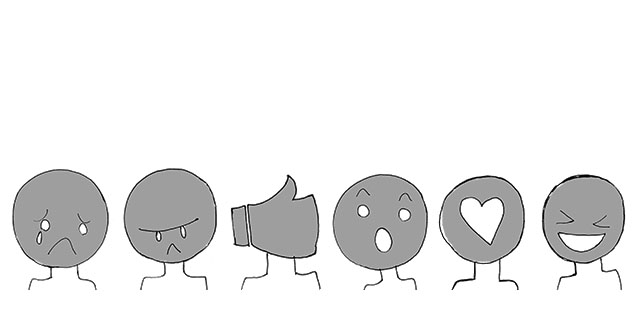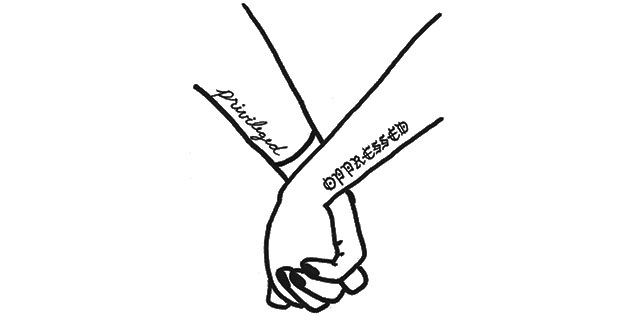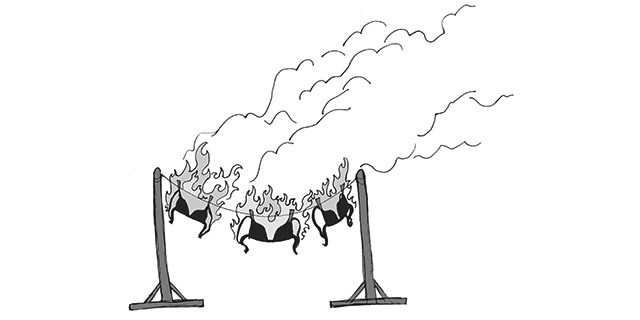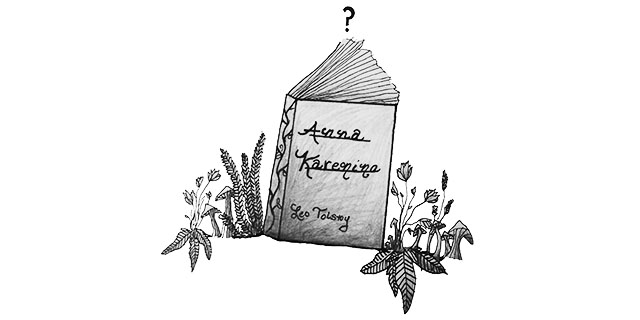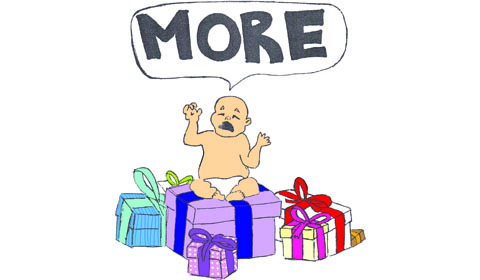
My mom told me a story the other day about one of my first experiences with birthday parties. At the time, I was only about four or five years old and was not yet used to the scene of wide-eyed kids on sugar rushes running around and breaking things. I had attended enough parties, however, to know the typical routine: arrive and play some high-energy game, stomp on juice boxes, eat mounds of sickeningly fluorescent cake and walk away with a party-favor, usually a small, breakable toy and goofy stickers.
When I arrived at this pre-school classmate’s party, however, all of my previous knowledge about such celebrations was shattered. I walked up the front lawn in amazement as I stared at a doublewide bouncy house swaying in the breeze. A trek through the house and into the backyard revealed a hot dog cart, a cupcake decorating table with lego-shaped pop tarts, a puppet show, a petting zoo and a sandy area in the driveway for pony rides.
I couldn’t believe it; this was all too much for my small brain to handle. Apparently, I actually asked to go home early because I just could not handle all the extra stimuli. It is possible to have too much of a good thing. Reflecting back on that moment, I came to wonder what exactly the parents were thinking. Why on earth would kids that young need all that excess? They probably didn’t even know what a goat was, let alone why the pop tarts were suddenly shaped like legos. And I should note that this was only a party for a four-year old.
Adjusted for inflation, the party phenomenon now spits out Bar or Bat Mitzvahs for 13-year-olds that cost as much as weddings. Today, many parents seem intent on spending all their money on their children, plying them with toys and entertainment that they don’t really need. The funny thing is, parents who spend so much on their children also seem to reject this type of consumerism.
I sometimes hear parents of friends or acquaintances who, while their child is in the midst of opening a mammoth pile of presents, explain to their friends that they never got such things when they were younger. These members of the older generation share complaints about the current consumer culture while buying into it and therefore sustain this culture among their children.
This perpetuation only serves to make children ill-prepared for the future and give them unrealistic expectations. A kid who’s used to receiving over-the-top birthday parties each year will be sorely disappointed when she graduates from college and all she can afford on her special day are a few tubs of ice cream and a new pair of socks.
The Easter egg hunt that my family and I used to attend at the Huntington Gardens was called off after several parents complained that their children were not receiving enough eggs and that the hunt was therefore unfair. The best part was that the eggs weren’t even chocolate; they were real eggs.
What did the parents think their kids were missing out on? More omelettes? Parents may think that they are protecting their children by making sure that they always have the best and most of everything, but they are actually sheltering kids from the reality that you can’t always get what you want.











